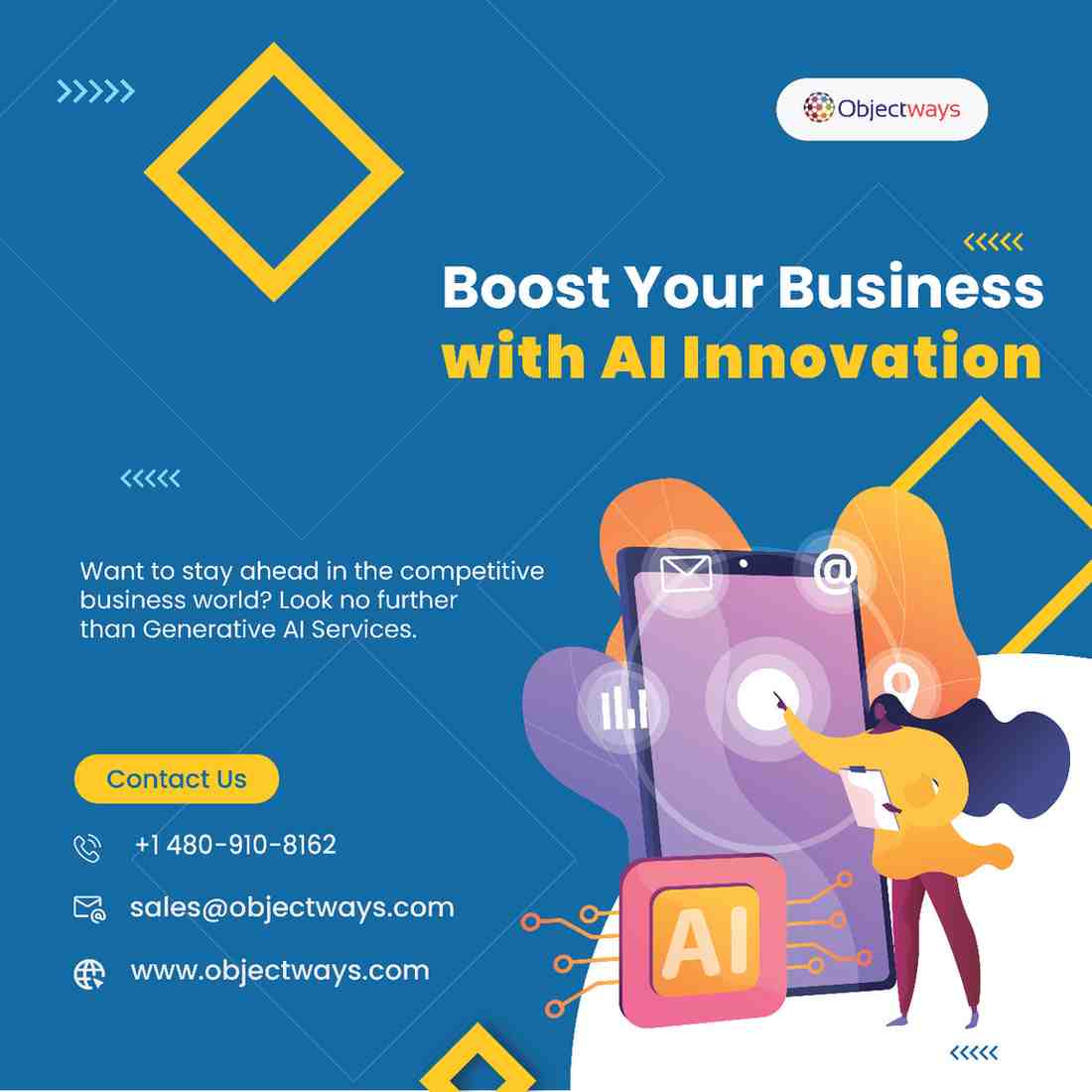Why Quality Control in Data Annotation Matters for AI Success

Artificial Intelligence is no longer a futuristic concept; it’s a driving force across diverse industries, from healthcare to finance and beyond. As businesses increasingly rely on AI technologies, the need for accurate data becomes paramount. But how do we ensure that the data feeding these powerful algorithms meets the highest standards?
Enter data annotation services—the unsung heroes behind successful AI projects. These services meticulously label and categorize information, making it understandable for machines. Yet, quality control in this process often gets overlooked. The truth is that without rigorous oversight of data annotation, even the most sophisticated AI systems can falter.
So why does quality control matter so much? Let’s dive into the intricacies of data annotation and discover its pivotal role in shaping effective AI solutions.
The Growing Importance of AI in Various Industries
AI is transforming industries at an unprecedented pace. From automating mundane tasks to providing insightful analytics, the technology has become integral in decision-making processes.
In healthcare, AI enhances diagnostics and personalizes treatment plans. Algorithms analyze vast amounts of medical data, offering recommendations that improve patient outcomes.
The finance sector benefits from AI through fraud detection and algorithmic trading. By sifting through transactions in real-time, potential risks are identified swiftly.
Retail companies leverage AI to optimize inventory management and enhance customer experiences. Personalized marketing strategies driven by consumer behavior analysis lead to increased sales.
Manufacturing relies on AI for predictive maintenance and quality assurance. Smart factories utilize machine learning to reduce downtime and streamline operations.
As these sectors continue to evolve with AI integration, the demand for high-quality data becomes ever more crucial in driving innovation forward.
The Role of Data Annotation in AI Development
- Data annotation services serves as the backbone of AI development. It transforms raw data into structured information that machines can understand. Without this critical step, algorithms would struggle to learn from their inputs.
- Each label applied during the annotation process provides context and meaning. This enables AI systems to recognize patterns, make predictions, and ultimately improve performance in tasks ranging from image recognition to natural language processing.
- As industries increasingly rely on AI for automation and decision-making, the demand for accurate data annotation services skyrockets. These services ensure that datasets are not only vast but also rich in quality.
- Furthermore, well-annotated data contributes significantly to machine learning models’ training efficiency. High-quality labels facilitate quicker training cycles while improving overall model accuracy—key factors in achieving successful AI implementation across various sectors.
Understanding Quality Control in Data Annotation
Quality control in data annotation is crucial for ensuring accuracy and consistency. It involves systematic processes to review and validate annotated data before it’s used in AI models.
This process typically includes multiple layers of checks. Annotators may undergo training, followed by peer reviews, where their work is evaluated by colleagues. Automated tools can also assist in spotting errors or inconsistencies.
Maintaining high standards during this phase helps identify issues early on. This proactive approach saves time and resources later in the development cycle.
Quality metrics play a key role as well. They offer measurable insights into performance, enabling teams to refine their methods continuously.
Robust quality control enhances trustworthiness. When the underlying data is reliable, it leads to better outcomes for machine learning algorithms.
Benefits of High-Quality Data Annotation for AI Success
High-quality data annotation is the backbone of successful AI systems. Accurate labels enable algorithms to learn effectively, making predictions more reliable. When data is annotated with precision, machine learning models can understand complex patterns and nuances.
Enhanced model performance is a direct result of quality input. With well-annotated datasets, AI applications can operate at higher efficiency and achieve better outcomes in real-world scenarios.
Moreover, high-quality annotations reduce the need for extensive retraining. This not only saves time but also resources—critical factors for businesses aiming to stay competitive.
A strong dataset fosters trust among users as it delivers consistent results. When users see dependable outputs from AI solutions, their confidence grows, further driving adoption and innovation across industries.
Investing in superior data annotation service lays the groundwork for scalable and robust artificial intelligence systems that truly deliver value.
Potential Risks and Consequences of Poor Quality Control
Poor quality control in data annotation can lead to significant setbacks. Inaccurate labeling skews the training of AI models, leading them to make erroneous predictions. This not only impacts performance but undermines user trust.
Consider the implications for industries like healthcare or finance. Misinterpreted data can result in critical errors, potentially causing harm or financial loss.
Moreover, poor-quality datasets waste valuable time and resources during model retraining phases. Fixing these issues often requires starting from scratch, which is both costly and time-consuming.
The reputational damage shouldn’t be overlooked either. Companies that rely on flawed AI may face backlash from clients and stakeholders alike, affecting future collaborations and business opportunities.
In an era where accuracy is paramount, neglecting quality control becomes a gamble with severe consequences across various sectors. It’s vital for organizations to recognize these risks before embarking on their AI journeys.
Strategies for Implementing Effective Quality Control in Data Annotation
Implementing effective quality control in data annotation begins with clearly defined guidelines. Establishing comprehensive standards ensures that annotators understand expectations and can deliver consistent results.
Regular training sessions are essential. They keep the team updated on best practices and new technologies. This fosters a culture of continuous improvement.
Utilizing automated tools can enhance accuracy as well. These tools flag inconsistencies, enabling quick corrections before they escalate into major issues.
Incorporating peer reviews is another powerful strategy. Having multiple sets of eyes on the annotated data helps catch errors that one individual might overlook.
Gathering feedback is crucial for refining processes. Engaging both annotators and stakeholders in discussions about challenges leads to actionable insights for future projects.
Conclusion: Investing in Quality Control for Long-Term AI Success
Investing in quality control for data annotation services is crucial for the long-term success of AI projects. When businesses prioritize high-quality annotations, they set a strong foundation for their machine learning models. Quality control not only enhances accuracy but also fosters trust in AI systems.
The benefits extend beyond immediate project needs. Businesses that commit to stringent quality standards are better positioned to adapt and scale as technology evolves. They mitigate risks associated with poor data, ensuring reliable outputs that can lead to improved decision-making and operational efficiencies.
Organizations must recognize that the stakes are high when it comes to data annotation services. Emphasizing quality today paves the way for innovation tomorrow. By doing so, companies can unlock the full potential of artificial intelligence and maintain a competitive edge in an increasingly automated world.




